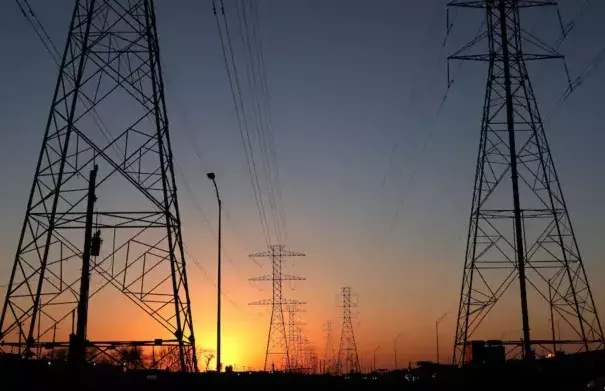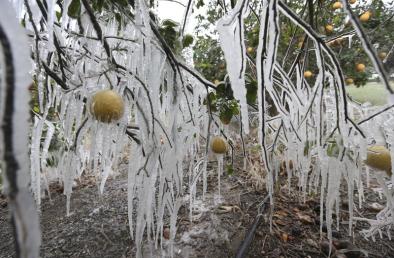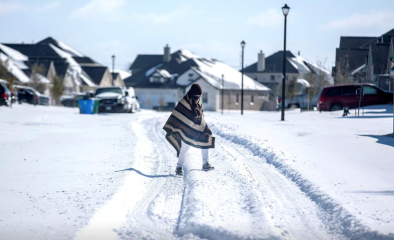Deadly Texas blackout shows our vulnerability to coming climate extremes

Climate Signals Summary: There are three things to consider when squaring this extreme winter weather with climate change: cold weather doesn’t cancel out decades of warming; rapid Arctic warming is associated with disruptive winter weather in the US; and cold events aren’t as cold as they would have been without climate change.
Article Excerpt:
While there may be a climate change connection to this cold outbreak, in the form of the potential tie between a wavier jet stream in the Northern Hemisphere and rapid Arctic warming, what makes the blackout in Texas and other states so baffling and foreboding is that the grid failed during an extreme event that was largely within the boundaries of a “normal” climate.
This was not a cold event unlike any Texas has experienced before. In fact, in some ways it fell short of past records, but broke some new ground by some other measures.
The cold was notable especially for its duration, with Oklahoma City setting a record of 210 hours for the longest straight run of temperatures at or below 20 degrees, beating its previous record set in 1983. Yet relatively few all-time low temperature records were set during the outbreak, as Texas and the central United States tend to experience these influxes of harsh Arctic air every few decades.
In the Lone Star State, there were similar events in 2011, 1989 and 1983. The previous cold snaps, including the one in 2011, were accompanied by problems with the Texas electrical grid, and investigations into them led to recommendations to weatherize the state’s energy infrastructure to prevent a similar situation in the future.
Those recommendations were deemed to be too costly and were largely ignored.
The result is that some of the complex systems our society depends upon for basic necessities and economic growth, such as electricity, are unprepared even for the climate extremes of today, let alone more severe extremes climate scientists warn are coming. The same is true for flood protection, as illustrated by Hurricanes Katrina in New Orleans and Harvey in Houston.
“We’re living in a society that’s not designed for the weather that we’re living with and the weather to come,” said Ernst Rauch, chief climate scientist at the reinsurance company Munich Re, in an interview. He said his firm has documented an increasing trend of instances in which critical infrastructure, such as electrical grids, have failed during extreme weather events.
Related Content




